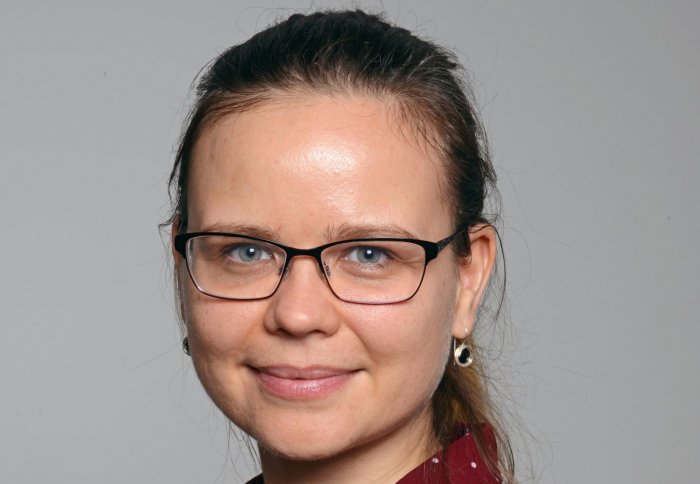Dr Elita Jauneikaite is awarded Imperial College Research Fellowship

Dr Elita Jauneikaite, HPRU Post doctoral researcher has been awarded a four year fellowship by Imperial College which starts in November this year.
In recent years the number of life threatening cases of Streptococcus agalactiae (Group B Streptococcus/GBS) has increased in young babies and adults. A majority of these disease-causing GBS bacteria are resistant to treatment by one or more antibiotics. But this increase in disease-causing GBS cannot be explained by antibiotic resistance alone. GBS vaccines are currently under development and with antibiotic resistance on the rise, it is crucial to understand the driving forces for this bacterium in causing disease in humans, before these new vaccines come to market so that they can be used to optimal effect. GBS is also carried and causes disease in livestock. It is unclear if the GBS that occurs in livestock and the GBS that occurs in humans were always present in both, or if there was a specific time when the bacteria ‘jumped’ from animals to humans.
Dr Jauneikaite’s study entitled “What potential host, microbe and environmental factors led to GBS success as a human pathogen?” seeks to understand how these strains of GBS evolved and will provide greater insight into the differences of GBS strains causing infections in humans and animals.
For the Fellowship Dr Jauneikaite will be based within NIHR HPRU in Modelling Methodology and working with Dr Xavier Didelot, theme lead for Modelling Methodology on integrating genetic and epidemiological analyses. Dr Jauneikaite’s move from one HPRU to another will present a great opportunity for the two units to collaborate more closely together, not only on Dr Jauneikaite's proposed project but also on other projects tackling antimicrobial resistance.
Article text (excluding photos or graphics) © Imperial College London.
Photos and graphics subject to third party copyright used with permission or © Imperial College London.
Reporter
Rakhee Parmar
Department of Infectious Disease